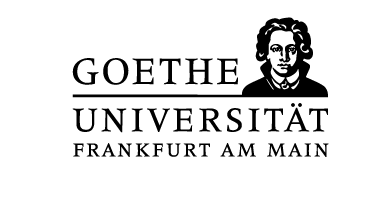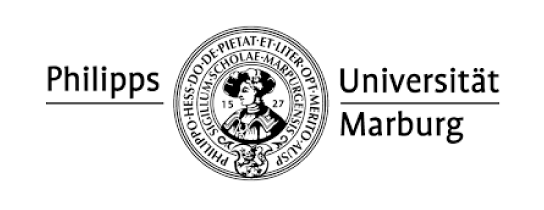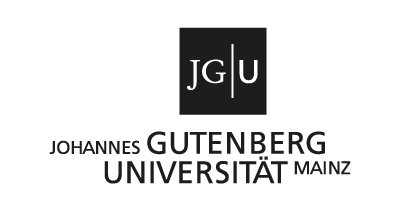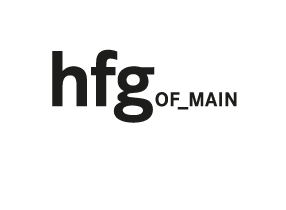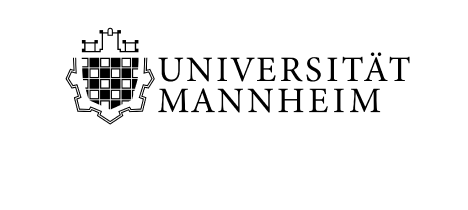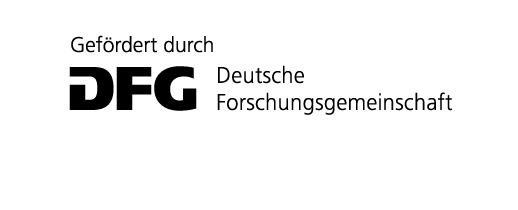Objects of High-Speed Photography: Experiments in Slow-Motion
Antoine Prévost-Balga is developing a dissertation on the history and technology of high-speed photography with an emphasis on scientific applications. From the first experiments with spark-light sources made by William Henry Fox Talbot in the early 1850s to the recent development of femto-photography, high-speed photography has involved different techniques and applications in amateur as well as scientific spheres from ballistics to fluid mechanics, from biology to micro-physics. Despite these heterogeneous ensembles and practices, some very specific objects are recurrently used in high-speed photography experiments. Flying birds and insects, bursting bubbles, splashing drops, gunshots and bullets, exploding bombs – these are some of the most fascinating examples. These “epistemic objects” produce new forms of visual knowledge and configure cinematic “experimental cultures” (Rheinberger 1997). By looking at high-speed photography through these objects, the overall goal of the project is to study arrangements and images of non-human temporality (extreme speed, extreme format, extreme vision) as well as the different roles they play in the production of visual knowledge.
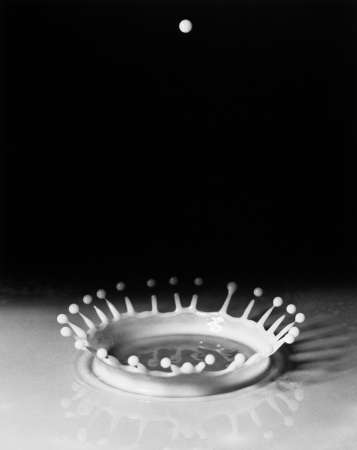

Profile
Antoine Prévost-Balga is a PhD candidate at Goethe University, Frankfurt, and at the Sorbonne-Nouvelle University – Paris 3. He studied Theater, Film and Media Studies at the Sorbonne-Nouvelle University – Paris 3, the University of Montreal, and Goethe University, Frankfurt. From 2017 to 2020, he was a member of the Graduiertenkolleg “Configurations of Film” at the Goethe University, Frankfurt. He is a sessional lecturer at the Sorbonne-Nouvelle University – Paris 3, and at Université PSL – Paris, Sciences & Lettres. Since June 2019, he is a member of the NECS (European Network for Cinema and Media Studies) steering committee. Antoine is developing a dissertation on the history and technology of high-speed photography with an emphasis on scientific applications.
prevost-balga[at]tfm.uni-frankfurt.de
